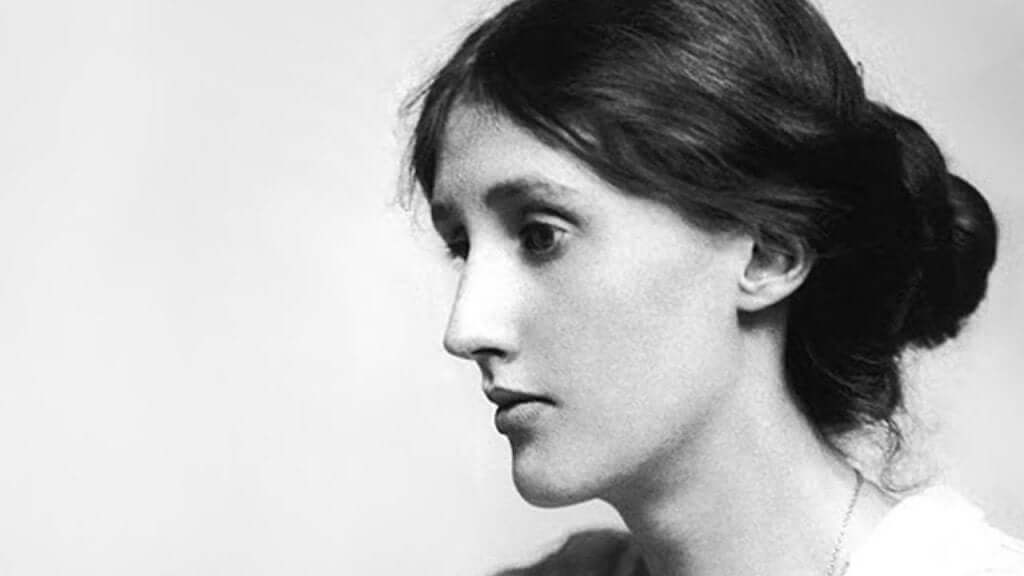Many historical characters have suffered from depression, a disease that has not prevented them from achieving great achievements in their lives, from the abolition of slavery to writing great novels or inspiring joy to others, they were able to transmit light even if they were in the dark.
Next, we’ll talk about how some of these historical figures who suffered depression were able to harness strength, motivation, and energy to make their mark on society.
- Abraham Lincoln.
- The sixteenth president of the United States of America.
- Has fought depression throughout his life.
- At the time.
- Mood disorder was known as melancholy and described an extremely melancholy and severely expressed person.
It was this mess that gave him the courage to make him one of the most iconic figures of the American Civil War.
Occasionally, Lincoln’s depression was accompanied by panic attacks, especially after he began practicing law in Illinois.
The study of his family tree now knows that Lincoln’s family was prone to depression, however, what created a great depressive period for Lincoln was a great love, the death of his sister and a close friend.
The famous horror story writer suffered from depression and alcoholism, many of his stories were inspired by the tragic experiences that marked his life, victim of constant nightmares and hallucinations that were present throughout his life.
The French poet Charles Baudelaire wrote that Poe was born marked by the sign of death.
His father left the family when he was only a year old and soon after his mother died of tuberculosis. Poe and his brothers are orphaned. His older brother was adopted by his grandparents and his younger sister and he was adopted by two friends.
Edgar Allan Poe trained at one of the best universities in the United States and quickly showed signs of his great competence as a writer, also showing impulsive behavior and irritation, as well as excessive alcohol use, in fact, alcoholism and other drugs. caused his untimely death at the age of 40.
In addition, the deep states of depression and mood swings provoked an exorbitant creativity with which he spent hours and hours writing, as he himself hoped.
He was one of the greatest English writers of all time. Some of his best-known works are Oliver Twist and A Christmas Carol.
Charles Dickens had a very happy public life, but a private and personal life of deep misfortune, the result of his depressive mood. Some of his acquaintances said he was sometimes overwhelmed by deep sadness.
The Russian critic and writer has faced severe depression in the latter part of his life, according to a survey by several psychologists and psychiatrists.
After writing War and Peace, he entered a period of deep depression and, when Anne Karenina ended up, worsened, according to her family and friends, he had thoughts about death and the possibility that after death there was nothing.
Just before he died of pneumonia at Astopovo train station, he left his home and begged.
British Prime Minister Winston Churchill called his depression a black dog. However, his doctor diagnosed the disorder when he experienced and analyzed his depressive periods, mania, suicidal thoughts and insomnia.
Churchill spoke openly of his depressive state. In several letters and articles he wrote, he described how light faded and darkness reigned at certain times in his life, then explained how he had handled depression through creativity: writing, painting, and DIY.
She was the most prominent writer of the twentieth century, according to the diagnosis of several psychologists, Wolf suffered from depression and bipolar disorder, reflected in her literary work and some of her letters, which were repeatedly the causes of her internment.
According to some surveys, the moments when he had the strongest crises coincided with the end of his novels. Did your mood deteriorate after the death of your mother, your sister?Two years later?
Virginia Woolf was constantly batting depression, but committed suicide on March 28, 1941 and threw herself into the Ouse River wrapped in a mantle full of stones.
The eccentric and famous writer suffered from depression, according to some experts. Later he was also diagnosed with bipolar disorder and narcissism.
Due to his severe depression, Hemingway attempted to recover with electroshock therapy, but this eventually caused him significant cognitive decline, which made writing difficult.
On the other hand, he also used alcohol to minimize his suffering, which led him to commit suicide in 1961, at the age of 61.
The passionate and expressive political leader who has defended civil rights throughout his life has also suffered from depression from an early age; in his teens he suffered depressive episodes that triggered suicide attempts following his grandmother’s death.
Luther King also suffered episodes of depression while acting as a political activist. However, he always opposed seeking psychiatric help.
As you can see, despite all these historical characters who have suffered depression, it is individuals who have changed the world in a certain way. Ernest Hemingway, Virginia Woolf, Leo Tolstoy, Charles Dickens and Edgar Allan Poe did so through literature. while Martin Luther King, Winston Churchill and Abraham Lincoln acted through politics.

